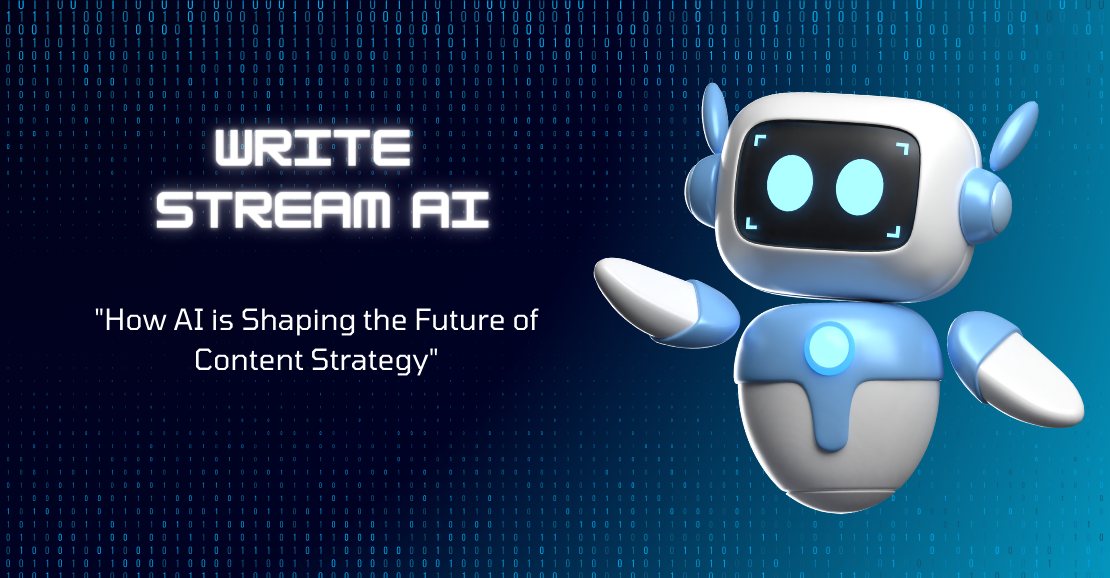In today's digital age, content strategy has become a crucial element for businesses to reach their target audience. With the rapid advancement of technology, specifically Artificial Intelligence (AI), the future of content strategy is set to take a whole new shape. AI is revolutionizing the way content is created, distributed, and consumed, making it an integral part of any successful content strategy.
AI, in simple terms, refers to the ability of machines to perform tasks that typically require human intelligence. It has the ability to analyze vast amounts of data and learn from it, making it more efficient and accurate than humans. This feature of AI has opened up new possibilities for content strategy, enabling businesses to create personalized and targeted content for their audience.
One of the significant ways AI is shaping the future of content strategy is through content creation. With the help of AI tools, businesses can now create content that is tailored to the needs and interests of their audience. AI algorithms can analyze consumer data, including demographics, behavior, and interests, and generate personalized content that resonates with them. This not only saves time and effort for businesses but also improves the relevance and effectiveness of their content.
Moreover, AI is making content creation more efficient and cost-effective. With the use of natural language generation (NLG), AI can produce written content, such as articles, reports, and product descriptions, in a fraction of the time it would take a human to do so. This allows businesses to produce a large volume of high-quality content, which is crucial for their online presence and search engine optimization (SEO) efforts.
AI is also shaping the future of content strategy through its ability to optimize content for different platforms and devices. With the rise of mobile and voice search, businesses need to ensure that their content is accessible and visible across various devices. AI-powered tools can analyze the behavior and preferences of a target audience and optimize the content accordingly. This includes adapting the content length, format, and even language, making it more convenient for users to consume.
In addition to content creation and optimization, AI is also playing a significant role in content distribution. With the help of AI-powered analytics, businesses can gain insights into their audience's behavior and preferences. This data can then be used to distribute content more effectively, by targeting the right audience, at the right time, and on the right platform. This not only increases the reach and engagement of the content but also improves the overall ROI of content marketing efforts.
The integration of AI in content strategy is not limited to written content. It is also shaping the future of visual and audio content. AI-powered tools are now capable of generating images, videos, and even audio content, making it easier for businesses to create diverse and engaging content for their audience.
However, for AI to be effective in content strategy, it needs to be combined with human intelligence. The data and insights provided by AI still need to be analyzed and interpreted by humans to create a well-rounded and effective content strategy. This collaboration between AI and humans can bring out the best of both worlds and lead to a more successful content strategy.
In conclusion, AI is undoubtedly shaping the future of content strategy. Its ability to analyze vast amounts of data, create personalized content, and optimize distribution is revolutionizing the way businesses approach content marketing. As technology continues to advance, we can only expect AI to play an even more significant role in shaping the future of content strategy. It is now up to businesses to embrace this technology and use it to their advantage to stay ahead in the competitive world of content marketing.























Write your comment
Cancel Reply